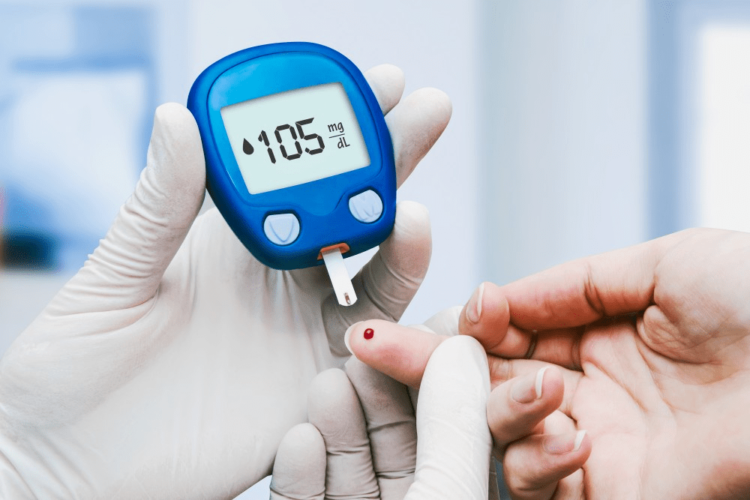The monsoon season provides relief from the heat with cool rains, but it also increases the risk of infection for diabetics. With the continued threat of influenza, this season calls for more awareness and preventative measures, such as adult immunization, to protect health.
Managing Diabetes during Monsoon
Diabetes mellitus remains a major public health concern in India, providing enormous challenges due to its rising prevalence and huge impact on healthcare resources. During the monsoon season, bacteria and fungi thrive due to the high humidity and continual precipitation. This is particularly concerning for diabetics, who are already at a higher risk of infection due to impaired immune systems and poor blood circulation.
Common Infections During Monsoon:
- Foot Infections: Diabetic neuropathy reduces sensation in the feet, so walking in wet conditions or wearing damp footwear can lead to unnoticed injuries that may become infected.
- Fungal Infections: The warm and moist environment can cause fungal infections, particularly in areas like the feet, groin, and armpits.
- Respiratory Infections: The humidity can worsen respiratory issues, leading to increased risks of bronchitis, pneumonia, and other respiratory infections.
- Influenza, or the flu, affects the respiratory system and can lead to severe complications, including pneumonia, bronchitis, and hospitalization, especially for diabetics. The flu can also cause blood sugar levels to fluctuate, complicating diabetes management.
The Importance of Adult Vaccination
Vaccination is an important technique of preventing infections and protecting health, particularly for individuals with chronic diseases such as diabetes. However, due to a lack of information regarding the importance and availability of immunizations, uptake remains low. This leads to severe consequences from vaccine-preventable infections, which frequently need hospitalization and increase death. Furthermore, the urban-rural gap makes it difficult to provide equal access to healthcare. Cultural views, ignorance, and concerns about vaccination safety all add to vaccine hesitation.
Key vaccinations suggested for diabetes people are:
- Influenza Vaccine: An annual flu shot is essential for people with diabetes to protect against the seasonal flu and its complications.
- Pneumococcal Vaccine: This vaccine protects against pneumococcal diseases such as pneumonia, meningitis, and bloodstream infections.
- Tetanus, Diphtheria, and Pertussis (Tdap) Vaccine: This combination vaccine protects against tetanus, diphtheria, and pertussis (whooping cough). A booster shot is recommended every 10 years.
- Hepatitis B Vaccine: Given the higher risk of hepatitis B among people with diabetes, vaccination is recommended for those who haven’t been previously vaccinated.
According to Dr. Rajiv Kovil, Head of Diabetology at Zandra Healthcare, “As the monsoon season presents its challenges, individuals with diabetes must be proactive about their health. Understanding the risks of illness and the necessity of vaccines can help prevent problems. Despite seasonal dangers, you can live a healthier, more vibrant life by taking preventive actions, getting immunizations on time, and properly controlling diabetes. Stay informed, safe, and in control of your health during the monsoon season.”
The purpose of this article is to highlight the hazards connected with infections in the diabetic population during the monsoon season, as well as the necessity of adult vaccination in preventing them. By raising awareness and advocating preventative health actions, we can collectively work towards a healthier community.
Source:In







 Finance
Finance







